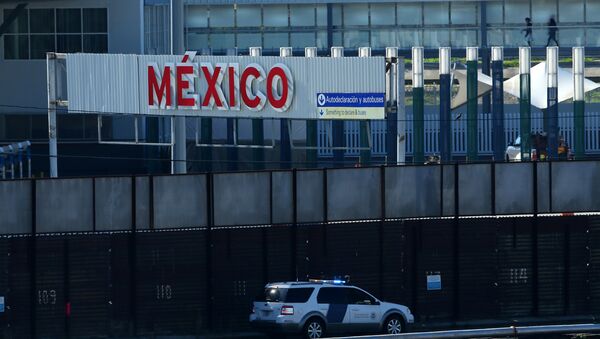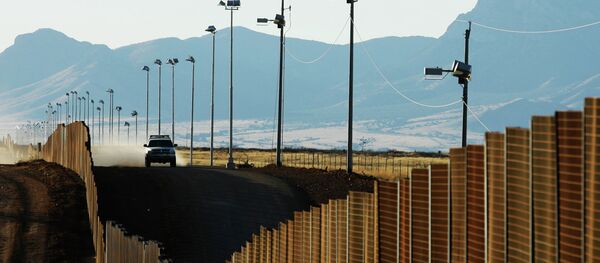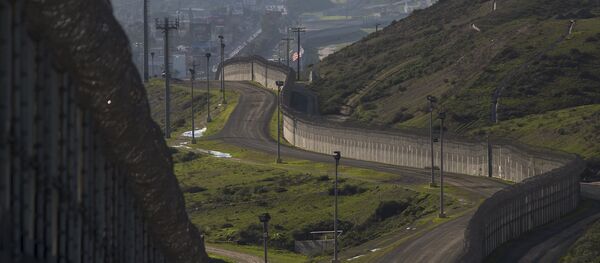Trump's January executive order to finance the border wall was quickly followed by questions of how the structure would be paid for. The White House claimed that it would get the project off the ground with unallocated DHS funds.
"There are a lot of funding mechanisms that can be used. At this point, his [Trump's] goal was to get the project started as quickly as possible using existing funds and resources that the Department [of Homeland Security] currently has," said White House press secretary Sean Spicer on January 25.
The DHS 2016 fiscal year budget was $41.2 billion, but they only sought funds from their $376 million budget for border security fencing, infrastructure and technology. If the DHS wishes to repurpose funding from other areas, they must first receive Congressional approval.
The border wall is to be built in three progressively-larger stages, the first of which would spend $360 million to cover 26 miles of high-risk area near cities like San Diego, California, and El Paso, Texas. But according to the DHS document, the $20 million, enough to create prototypes of the wall, is not sufficient to actually begin construction.
It is likely that the DHS will first attempt to draw money from other investments and move it toward the construction of the wall. The rest of the funding for the wall will require Congress to appropriate funds. In the past, Trump has asked Congress to pay the cost for the wall, with a promise to make Mexico pay the United States back, at an unspecified later date.
There are significant divides among Congressional Republicans regarding support for the wall. House Speaker Paul Ryan and Senate Majority Leader Mitch McConnell both have publicly stated their support for it. "This is a national security issue," said Ryan to reporters in January. "We believe that this is urgent… I do believe that we should have a physical barrier at the border."
But other influential Republicans have questioned a wall's effectiveness. Armed Services Committee chairman John McCain (R-AZ) called it "not a viable option." "If you only build a wall … without using technology, individuals, drones, observations, etc., you're not going to secure the border," he told CNN.
Other Senators, such as Orrin Hatch (R-UT) and James Lankford (R-OK) have expressed skepticism over claims that Mexico would pay for the wall. Many Republicans have stated that they would only support the plan if the wall's cost is completely offset through the use of spending cuts in other departments.
Estimates for the wall's cost continues to fluctuate, with $12 billion as the most conservative estimate (from McConnell), and $25 billion as the most liberal (from Bernstein Research). At least 265 businesses have declared themselves 'interested parties' in constructing the wall, most notably defense contractor Raytheon.





